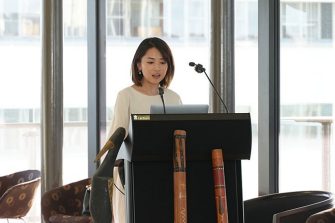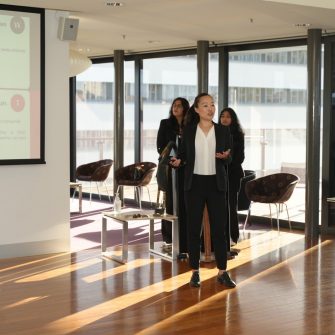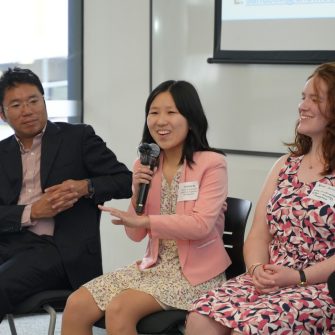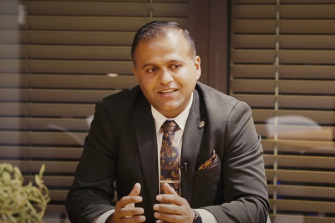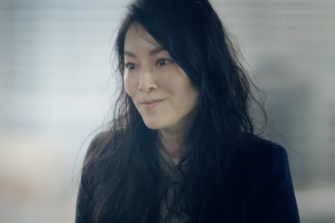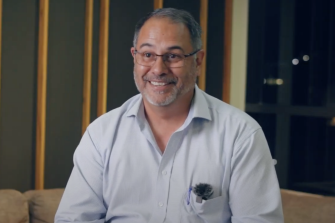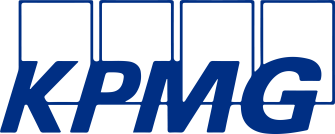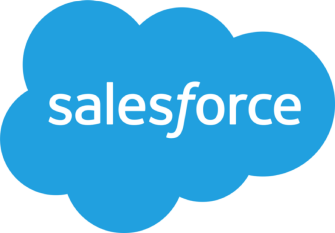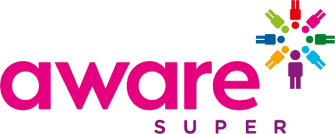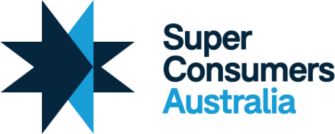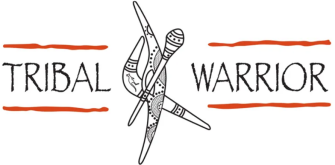UNSW Sandbox Program
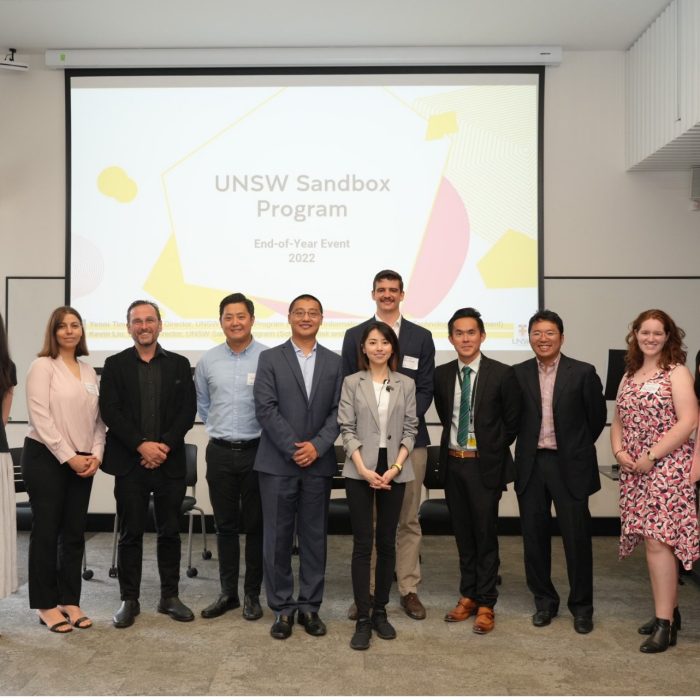



How does the Program work?
We design transformative learning experiences that not only benefit students but also bring innovative ideas to our industry partners. Students often describe their Sandbox experiences as eye-opening, meaningful, and instrumental in sparking their interest in various career paths. Through the trilateral relationships fostered among students, academics, and the industry, previous Sandbox collaborations have evolved into direct employment opportunities, research partnerships, and knowledge exchange engagements.
Global Sandbox Alliance
The Global Sandbox Alliance is building a global network of Sandbox Programs across universities and disciplines, empowering academics, industry, and students to form productive, sustainable partnerships. The Alliance’s triad — Sandbox Pedagogy, Sandbox Program, and Sandbox Platform (P3) — provides universities with the tools and support they need to develop and implement their own Sandbox Programs.
We are currently onboarding new Alliance members. Contact us to learn more about how your institution can join and create its own Sandbox Program.
Leveraging the power of global collaboration, the Alliance empowers academics, students, and organisations to co-create innovative solutions to pressing societal challenges – learn more about the Alliance here:
Our partners
Our collaboration extends across a diverse spectrum of businesses and community organisations. These include prominent entities in the technology, pharmaceutical, and consulting sectors, along with humanitarian organisations, government agencies, and insurance companies. We also partner with social enterprises and local community groups.

